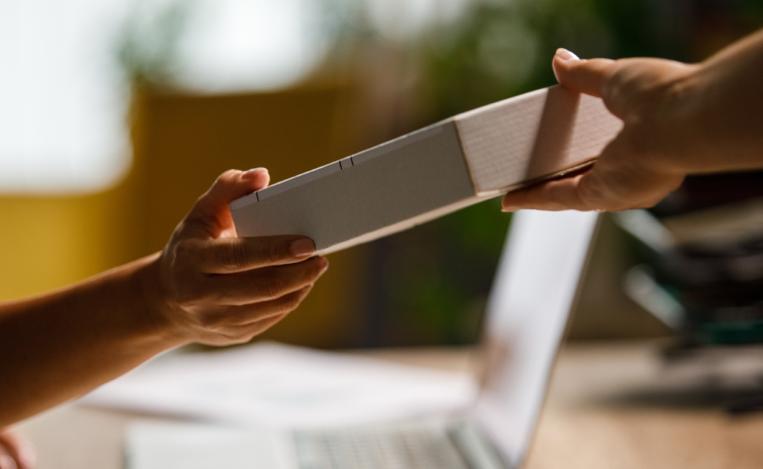
For the LSAT® and LSAT Argumentative WritingSM

For the LSAT® and LSAT Argumentative WritingSM
Candidates are encouraged to review the Specifications of the LSAT and LSAT Argumentative WritingSM in order to determine their accommodation needs as applicable to the specific format and delivery of each part of the test.
This is important. Certain accommodations are best administered in a remote modality while others are best administered in a test center modality. Because of this, test takers who are approved for certain accommodations may be required to test using a particular modality absent exceptional circumstances (hardship) and/or a specifically approved accommodation to test in a specific modality. Disability-related requests to test in a test center or remote modality must be appropriately supported and made by the accommodation request deadline for the applicable LSAT administration. Requests based on exceptional circumstances (hardship) need to be made at least three (3) days prior to the test center scheduling deadline for your test date. If approved for a hardship exemption, you will be required to test with the modality requested.
Test takers are highly encouraged to familiarize themselves with the list of personal items that are permitted during LSAT and LSAT Argumentative Writing administrations without prior approval from the LSAC.
The list of items permitted during the LSAT without prior approval from LSAC can be found in the LSAC Candidate Agreement. Section 13 covers items that are permitted at test centers, while Section 14 covers items that are permitted while testing remotely.
You are also permitted to bring any of the Preapproved Items listed on the Prometric website.
This is important. Use of scratch paper is not permitted during LSAT Argumentative Writing, unless requested and approved as a testing accommodation. (The LSAT Argumentative Writing interface includes a digital “Scratch Paper” section where test takers can type notes, instead of writing them on a physical piece of scratch paper.)
The following is a non-exhaustive list of testing accommodations that may be available on the LSAT or LSAT Argumentative Writing. The inclusion of a particular accommodation in the list below does not guarantee that you will receive this accommodation if requested. Each request is reviewed, and a decision whether to grant any testing accommodations is made, on a case-by-case basis in accordance with LSAC’s stated policies.
Additional breaks between multiple-choice test sections.
Note: For the multiple-choice LSAT, the combination of testing time and breaks may not exceed 8 hours in one test day. In the event that the approved combination of test section time and break time would be greater than 8 hours, testing over 2 days will be approved and communicated prior to the test date.
This is important. Candidates approved to receive permission to sit/stand during testing, to read/speak aloud during the test, to have food at the workstation, to make use of a human reader, and/or to make use of an amanuensis/scribe as an accommodation will be required to take the test remotely. If you request any of these accommodations, please consider whether you will need any other accommodations given the remote test environment, and make those requests by the deadline associated with your test administration.
Alternative formats that may be available as accommodations for test takers within the United States (including Puerto Rico and the U.S. Virgin Islands) and Canada include:
The following accommodations are only associated with a paper-based administration of the LSAT or LSAT Argumentative Writing and are not applicable to the computer-based LSAT or LSAT Argumentative Writing:
This is important. Candidates approved to receive paper-and-pencil or braille tests as an accommodation for the LSAT will be required to test in a testing center. If you request a paper-and-pencil or braille test as an accommodation, please consider whether you will need other accommodations given the test center environment, and make those requests by the accommodation request deadline associated with your test administration.